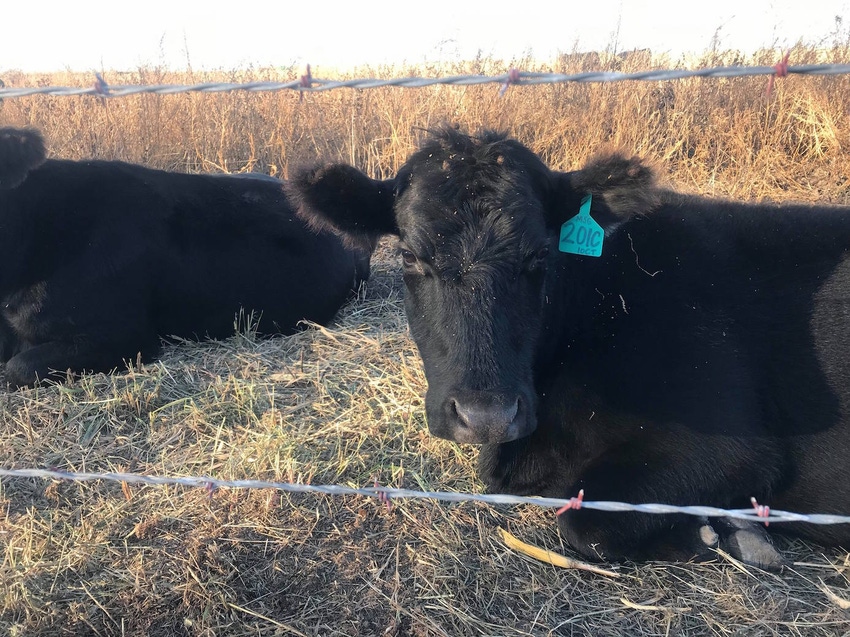6 steps to ensure the ranch is a business not a hobby
Make these management moves in your ranching enterprise for a more effective, profitable business.
May 8, 2019

Is your cattle operation a business or just a really expensive hobby? This is the sometimes-difficult question ranchers must ask themselves as they evaluate the day-to-day operations of the family’s beef enterprise.
As you consider rising input costs, labor required, capital risk, debt load and hours spent on the business, your picture of the profits and losses becomes much clearer.
And with 80% of farm and ranch families relying on off-farm income to support the business, many operations would perhaps fall under the “hobby” category.
But wait, aren’t hobbies supposed to be fun? Ranching is hard labor, sacrifice, determination and grit!
Each year, we see more family farms and ranches go out of business. This is a harsh and oftentimes unforgiving industry where every dollar matters and every decision can be monumental for the sustainability of the operation.
Yet, the opportunities in agriculture are great, especially if you’re an early adapter to technological advances or you’re a fantastic marketer in selling your product direct to consumers or to your ranching peers.
So if you find yourself pondering whether your family’s ranch is a business or just a really time-consuming hobby, what are some tangible steps you can take today to move toward greater profitability and long-term success for the enterprise?
Dave Pratt of Ranch Management Consultants often addresses these topics in his training courses and on his blog. He recently wrote a post titled, “Professionalizing Your Ranch,” and it highlights some action items we can focus on to further the goals of the ranch business.
Pratt writes, “There are two types of athletes, professionals and amateurs. The professionals get paid to play. The amateurs have to pay to play. I look at ranches the same way. The professionals get paid to ranch. The amateurs subsidize their operations with unpaid family labor, off-farm income and inherited wealth.”
He says in order to professionalize the ranch, we must be results-oriented and work on structuring the enterprise to produce positive cash flow to make a real economic profit.
What does that look like exactly? Well, consider Pratt’s side-by-side comparison of a professional ranch from an amateur one.
The amateurs, Pratt says, have no defined roles with zero documented performance targets. Meanwhile, the professionals have clearly defined roles and measurable performance targets.
The amateurs choose family members to be employees, without considering skillsets. Meanwhile, the professionals choose employees (or family members) who are the most competent for the job.
Amateurs pay family members less than they would if hiring someone else to do the work. At a professional ranch, everyone is compensated fairly for the work they do.
At the amateur ranch, communication is irregular and ineffective. At the professional ranch, processes are used to facilitate effective communication.
The amateurs rely heavily on off-farm subsidies to make ends meet (inherited wealth, free family labor and off-farm income), while the professionals are strategic in operating the ranch to produce positive cash flow and economic profit.
Finally, amateurs have no plans to manage the weather, price or people risks, while the professionals have plans in place to mitigate these risks.
You can read the article by clicking here.
I think no matter where we are in building our ranching enterprise, we can always polish our level of professionalism in how we operate. What can we do to increase income derived from the farm? How can we communicate more clearly with all parties involved? What are our goals for growth, and how will we measure our progress?
An internal evaluation of the ranch could move the operation from the hobby to the business category. And when we consider the buzzword “sustainability,” profitability should be at the top of the list; otherwise, we’ll all be out of business, and there’s nothing sustainable about that!
The opinions of Amanda Radke are not necessarily those of beefmagazine.com or Farm Progress.
About the Author(s)
You May Also Like





